Open and reproducible science with R
Scott Chamberlain
UC Berkeley / rOpenSci

scotttalks.info/uofo
LICENSE: CC-BY 4.0
open science/research
open science is badly needed
Retractions
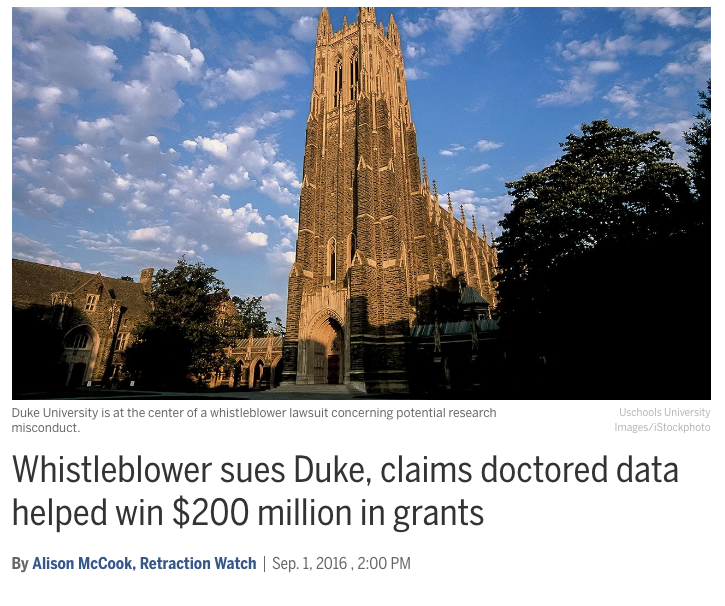
science should be reproducible!
but doing for real is another issue
100 psychology studies

Emergent findings
open data can make a new finding possible
Cultural barriers
Lack of incentives (carrots)
Lack of pressure (sticks)
Getting scooped ()
Takes too much time! ()
Open science as a lego set

Open science as a lego set
open science may be hard to do
but - you can work on different components
and - individual components are useful on their own
you don't need to do it all at once
Open science components
Open Data
make your data open
funders/journals often requiring this anyway
future self will thank you
Open Data: Venues
- Include data with publications
- Data specific repositories
- Code sharing sites: e.g., GitHub
- so-called Institutional Repositories (IRs)
Open Access
make your papers open
funders often requiring this anyway
talk to your librarians!
Open Access: Preprints
Preprints increasingly allowed by publishers
++ preprint outlets
SSRN*, SocArXiv, PsyArXiv
talk to your librarians!
*: think twice maybe
Open Access: Green OA
Allowed to put up your "authors copy" on your website/etc.
the internet will surface it
Versioning
Versioning

source
Versioning
Including basically all research components:
- Code
- Data
- Metadata
- Text: manuscripts
Why use Versioning?
- failure proofs your work
- allows you to experiment freely!
- Metadata
- Text: manuscripts
Versioning: Git
Resources
- Happy Git with R
- Take a Software Carpentry course
- canonical link git source code and manual
Do all work programatically
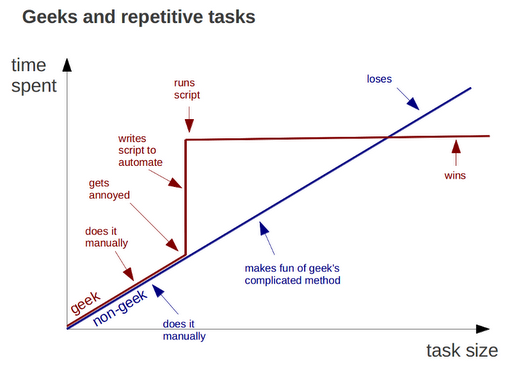
from geeksaresexy.net/2012/01/05/geeks-vs-non-geeks-picture
Do all work programatically
Key to reproduciblity:
Most important person that wants to reproduce your work is you!
Do all work programatically
you and yourself
- one week from now
- two months from now
- & so on
Do all work programatically
allows others to:
- contribute to your work
- check your work
- build on top of your work
scientific programming languages
scientific programming languages
are:
the canvas on which to do science
important scientific programming languages


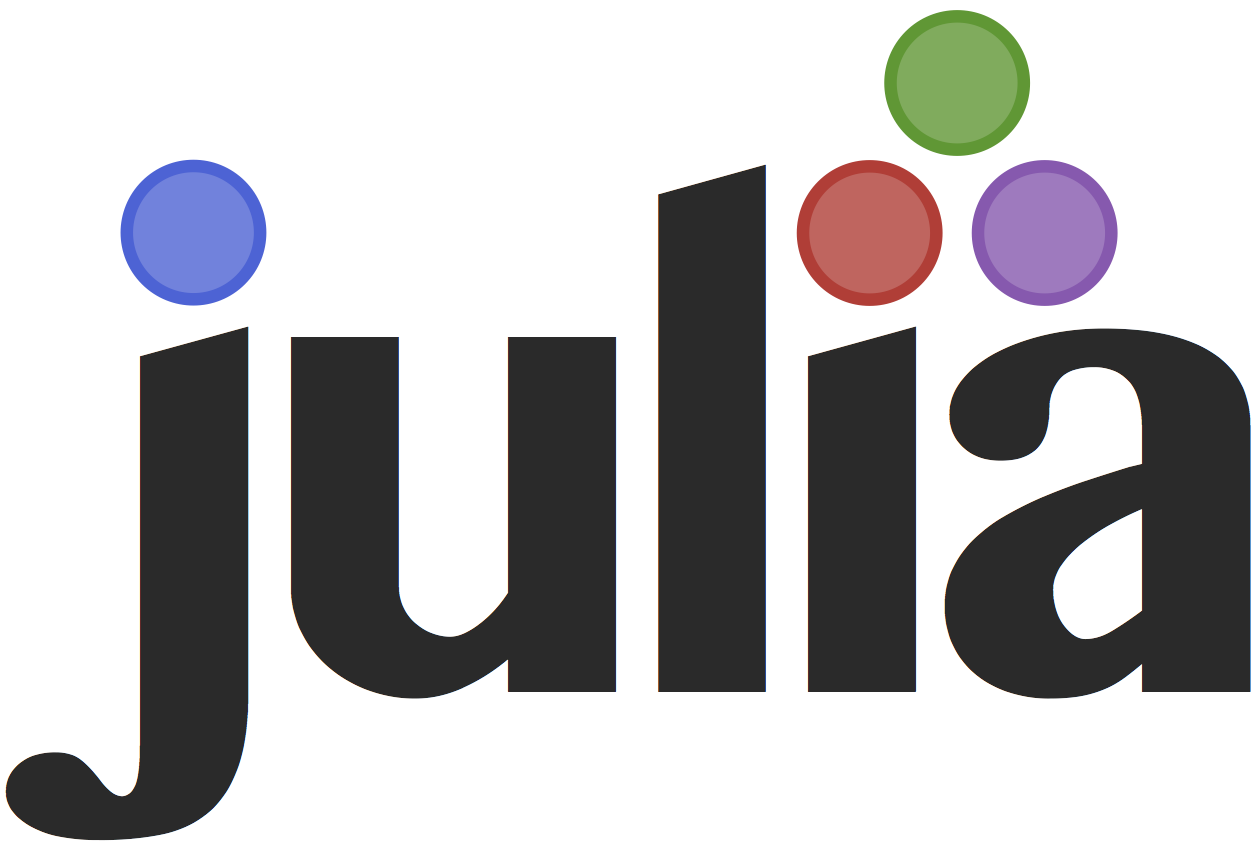
R language
Open/Rep. Science w/ R
What's the most important thing about R wrt open/reproducible?
R itself -> you're programming!
Tools
Workflows
A script (i.e., a
.Rfile)Script + Text = Markdown/Latex (e.g., journal article)
Any files + Dropbox
Any files + versioning (git)
Any files + versioning (git) + Pandoc
What to aim for
Do as much as possible in code
Version control all products
Combine text and code together
Share/open up your work
workflow demo
Open science ecosytsem
rOpenSci does:
rOpenSci staff
ropensci.org/about/#staff
4 full time
now including a community manager!
leadership team
advisory board
the research workflow
Data acquisition
data manipulation/analysis/viz
writing
publish
the research workflow
Data acquisition
data manipulation/analysis/viz
writing
publish
the research workflow
Data acquisition
data manipulation/analysis/viz
writing
publish
the research workflow
Data acquisition
data manipulation/analysis/viz
writing
publish
the research workflow
Data acquisition
data manipulation/analysis/viz
writing
publish
rOpenSci makes data driven stories easier to tell
here are some stories ...
use case 1
http://pct.bike
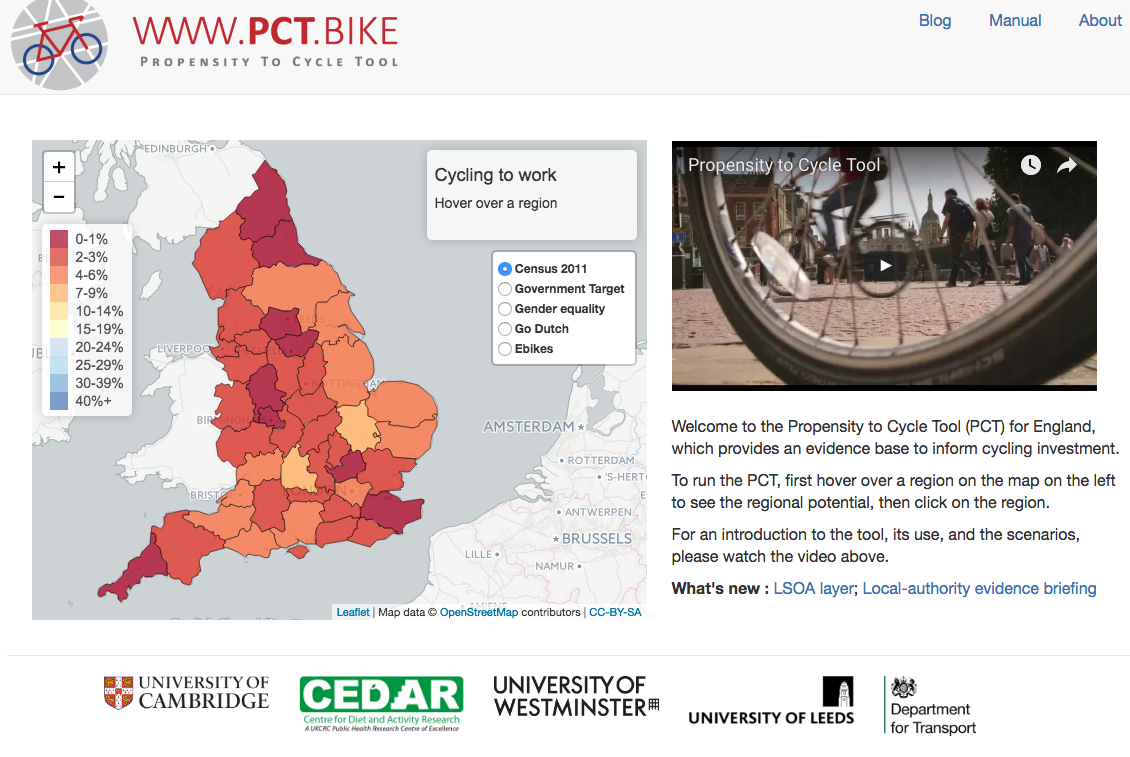
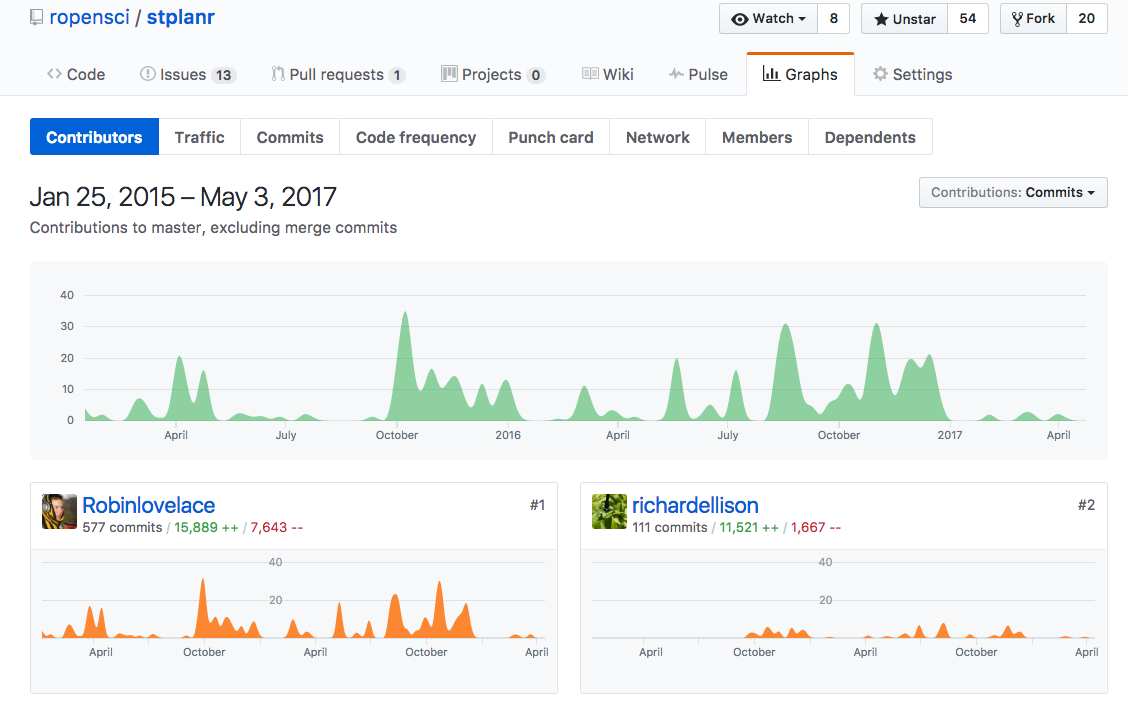
use case 2
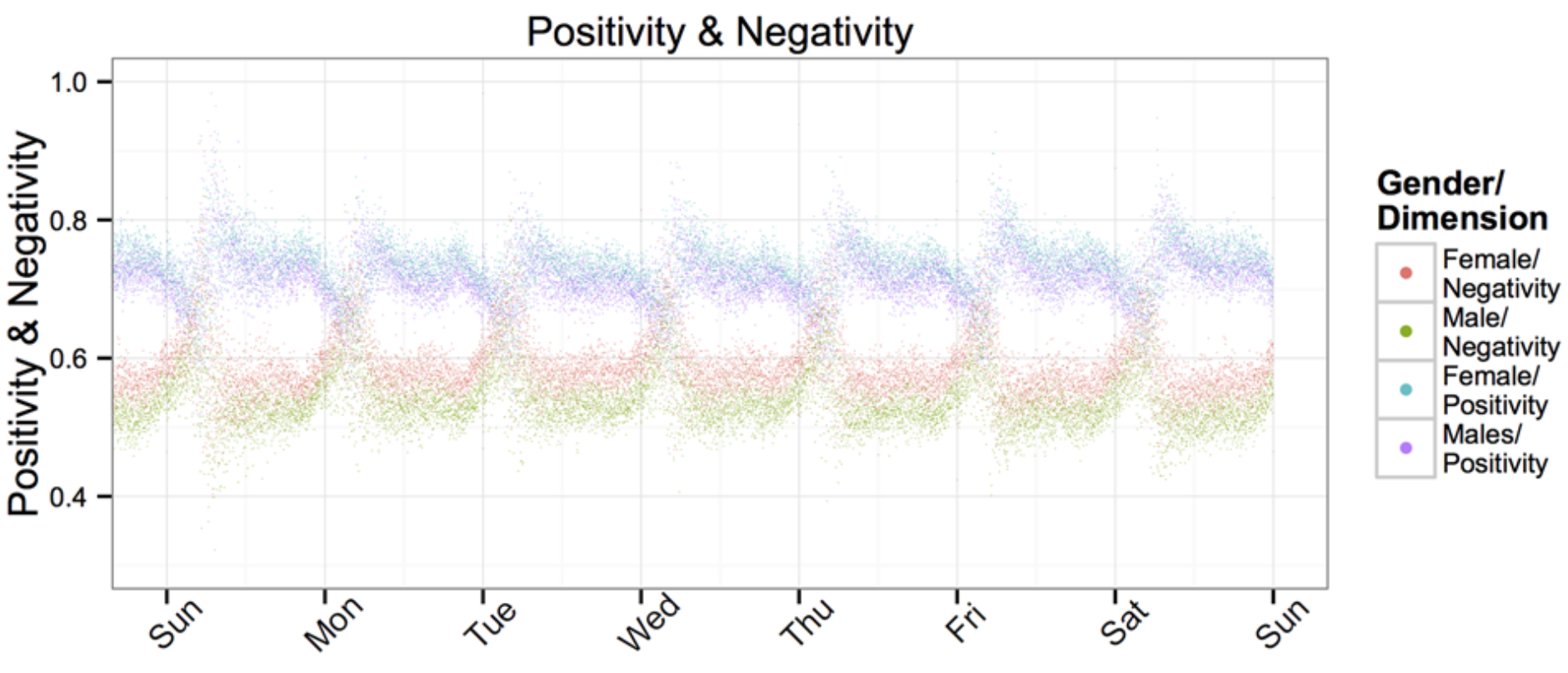


use case 3: OKMaps
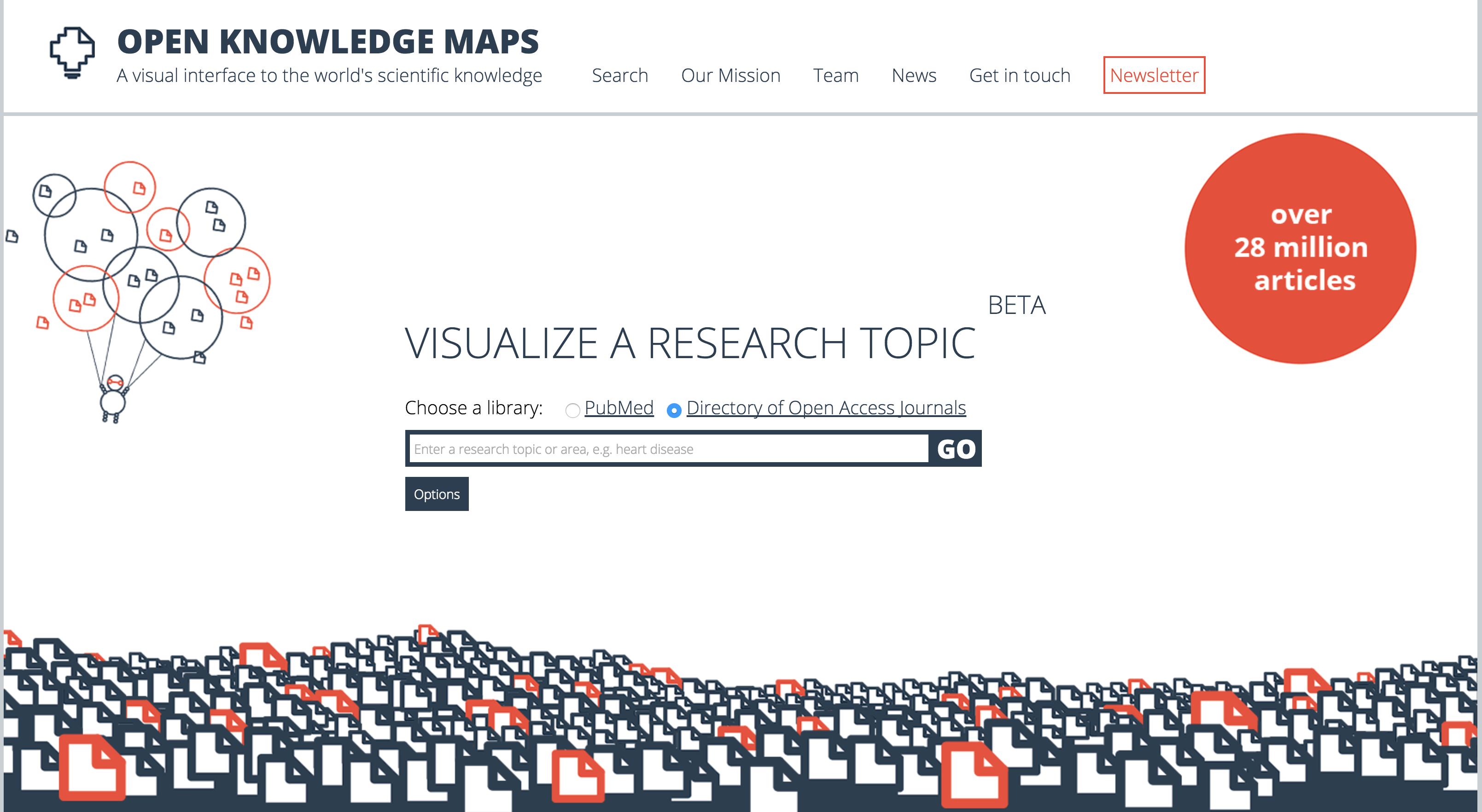
Wrap Up
Open science is essential
Open science tools are useful on their own
rOpenSci: one of the tool makers
Challenges going forward
Largely cultural - will slowly change
Wrap Up
rOpenSci is a community project
Let us know what you need
Help us make better tools
Questions?
scotttalks.info/uofo
Made w/: reveal.js v3.2.0
Some Styling: Bootstrap v3.3.5
Icons by: FontAwesome v4.4.0
rOpenSci Tools
Data Publication | Data Access |
Literature
| Altmetrics | Scalable & Reproducible Computing | Databases | Data Vizualization | Image Processing | Data Tools | Taxonomy | HTTP tools | Geospatial | Data AnalysisrOpenSci Tools
Data Publication | Data Access |
Literature
| Altmetrics | Scalable & Reproducible Computing | Databases | Data Vizualization | Image Processing | Data Tools | Taxonomy | HTTP tools | Geospatial | Data AnalysisrOpenSci Literature Tools
Public Library of Science
using rplos we can access metadata and fulltext for any PLOS article
install rplos like
install.packages("rplos")
example demo
Exercise
- Create a
.Rmdfile - Use
rplosto get fulltext for 1000 articles
-calculate number of authors per article
-make a simple plot of authors per article - Render the
.Rmdto.html - Send the
.Rmdversion to your partner via email - Render the
.Rmdfile you received - Does your
.htmllook the same?
rOpenSci Tools
Data Publication | Data Access | Literature | Altmetrics | Scalable & Reproducible Computing | Databases | Data Vizualization | Image Processing | Data Tools | Taxonomy | HTTP tools |
Geospatial
| Data AnalysisrOpenSci Geospatial Tools
using openadds (link) get addresses for Lane County
using leaflet visualize locations on map
Exercise
- Create a
.Rmdfile - Use
openaddsto get a data.frame of addresses, thenleafletto visualize the map - Render the
.Rmdto.html